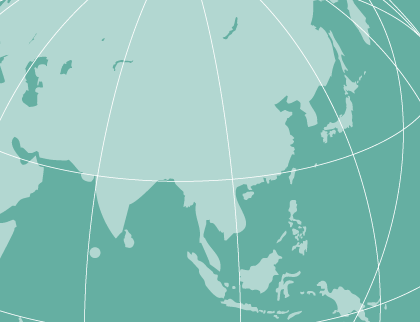Waste management is designated as one of the national flagship programmes of Bhutan, in order to address its rapidly growing waste management challenges, and its National Waste Management Strategy 2019 set a goal of achieving “zero waste” in Bhutan by 2030. A swift transition from a society of mass production and consumption to a society of resource circulation needs to be realised, and it requires not only optimizing how waste management services are designed, but also a radical change in individual behaviour and lifestyles. It is crucial to engage the younger generation from an early age through effective environmental education for sustainable development, including behaviour and lifestyle changes. In this context, “Ecology Note – Towards a Clean, Green and Beautiful Bhutan”, an environmental education tool, was developed to promote awareness and behaviour change for school children.

Development of Educational Material for Promoting 3R in Primary Education in Bhutan
Waste management for school children
Objective
Description
“Ecology Note – Towards a Clean, Green and Beautiful Bhutan”, an environmental education tool to mainstream 3Rs into primary school education, was developed by the National Environment Commission (NEC) with support from CCET, based on the local context of Bhutan, including their daily customs, lifestyle, and the national concept of Gross National Happiness (GNH). The Ecology Note was officially approved by the NEC during a meeting in April 2020. This Ecology Note was presented to Her Majesty the Queen of Bhutan on World Environment Day, 4 June 2020, coinciding with the birthday of Her Majesty the Gyaltsuen, Royal Patron of Environment and Ozone Ambassador.
The Royal Education Council (REC) has integrated the contents of the Ecology Note into the official science textbooks and curriculum for grades 4-8. The Ecology Note is also used by the NEC for its 4R clubs at primary schools. In addition, the Ecology Note has been translated into the local language, Dzongkha, and will be distributed and used within monastic and nunnery educational institutions. It will also be used by local NGOs and civil society organisations (CSOs).

